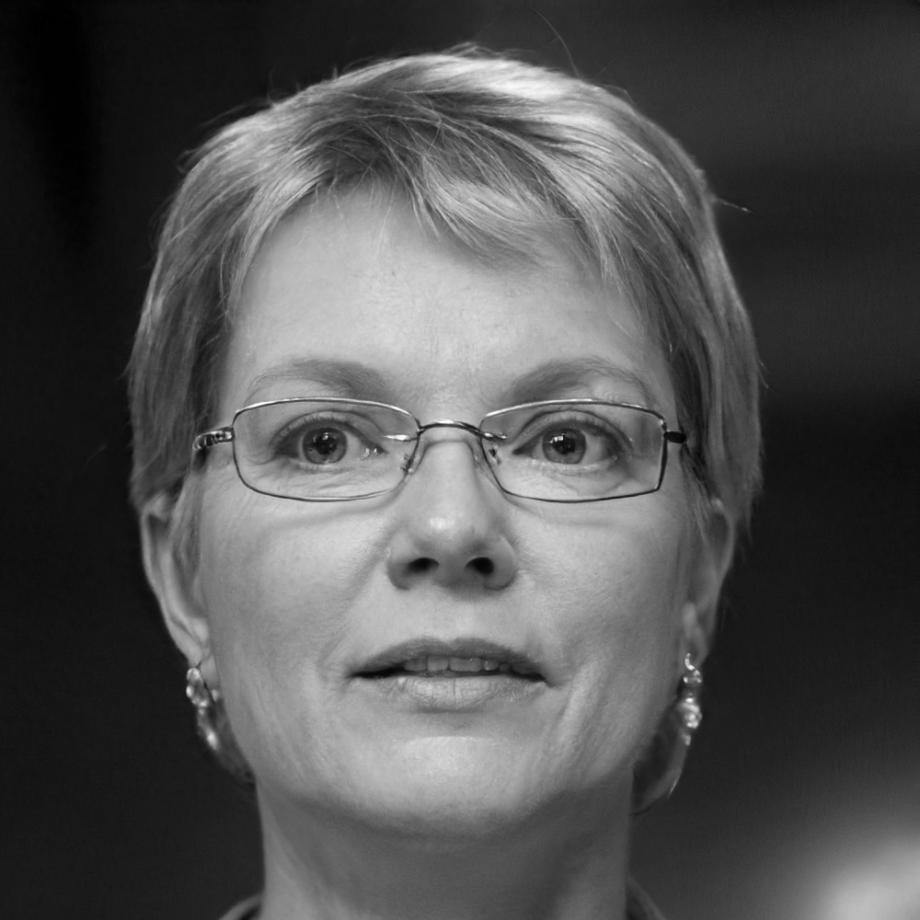Master Budget Creation Without the Guesswork
Building financial forecasts shouldn't feel like assembling furniture without instructions. Our September 2025 intensive walks you through creating comprehensive master budgets using real business scenarios—not theoretical examples that vanish the moment class ends.
Start Your Application
What Actually Matters in Budget Training
We've spent twelve years watching finance professionals struggle with the same gaps. These aren't just principles—they're what separates functional budgets from fantasy documents.
Context Over Formulas
Anyone can plug numbers into templates. Understanding why seasonal businesses need different approaches than manufacturing? That's where real competence lives. We teach pattern recognition across industry types.
Variance Analysis That Matters
Monthly reports showing red and green numbers don't help management make decisions. You'll learn to spot the three variance types that actually require action and communicate them without jargon.
Realistic Assumptions
The weakest link in most budgets? Growth assumptions pulled from optimism rather than data. We spend significant time on building defensible forecasts that survive board scrutiny.
Integration Skills
Operating budgets don't exist in isolation from cash flow projections or capital expenditure plans. You'll practice building interconnected financial models that reflect how businesses actually function.
Rolling Forecasts
Annual budgets become obsolete by February in dynamic markets. Our approach emphasizes continuous planning methods that keep financial guidance relevant throughout the year.
Stakeholder Communication
Technical accuracy means nothing if department heads can't understand budget implications. We practice translating financial constraints into operational language that drives alignment.

How We Build Competence
Theory collapses when you're facing Q3 projections that don't reconcile. Our training mirrors the actual workflow you'll encounter in finance roles—complete with incomplete data and competing priorities.
Each week focuses on one component of the master budget, but you're simultaneously maintaining integration across all elements. By week four, you're juggling sales forecasts, production schedules, and cash flow timing just like you would in a finance manager role.
- Week-long case studies using actual company financials from three different industries
- Daily variance analysis practice with explanations reviewed by finance professionals
- Peer review sessions where you defend your assumptions to classmates
- Two complete master budget builds from scratch under realistic time constraints
- Software tool training covering both Excel advanced features and specialized planning platforms
You'll make mistakes. That's deliberate. Better to discover why your production budget doesn't support your sales forecast in training than during your probation period at a new employer.
Training Outcomes from 2024 Cohorts
We track what happens after graduation because completion rates don't tell you much about practical skill development. Here's what our most recent participants reported six months post-training.
Who Teaches This Material
Budget training from people who've only done academic work tends to skip the messy reality of departmental politics and incomplete information. Our instructors split time between teaching and consulting.

Elara Viklund
Budget Systems InstructorSpent nine years building financial planning systems for mid-market manufacturers before shifting to training. Specializes in production budget integration and inventory valuation methods. Still consults part-time for three food processing companies.

Sienna Torvik
Forecasting Methods LeadFormer FP&A manager at two ASX-listed companies with expertise in rolling forecast systems. Teaches the assumption-building and variance analysis components. Known for blunt feedback on unrealistic projections during case study reviews.
September 2025 Program Timeline
Applications close July 18, 2025. Class size caps at eighteen to maintain the case study discussion quality. We run two sessions annually—September and March.
Initial Application
Submit work history and explain why you need budget skills. We're looking for people in or moving toward finance roles—not beginners trying to skip fundamentals. Review takes five business days.
Skills Assessment
Complete a two-hour financial analysis exercise we'll send you. This isn't about getting everything perfect—it shows us your current baseline and helps customize feedback during training.
Program Begins
September 8, 2025 start date. Four weeks of intensive work—expect fifteen hours weekly between live sessions and case studies. You'll need Excel 2016 or newer and access to a reliable internet connection.

Ready to Build Real Budget Skills?
Applications for September 2025 intake open until July 18. If you're working in finance and tired of winging it through budget season, let's talk about whether this training matches your development needs.